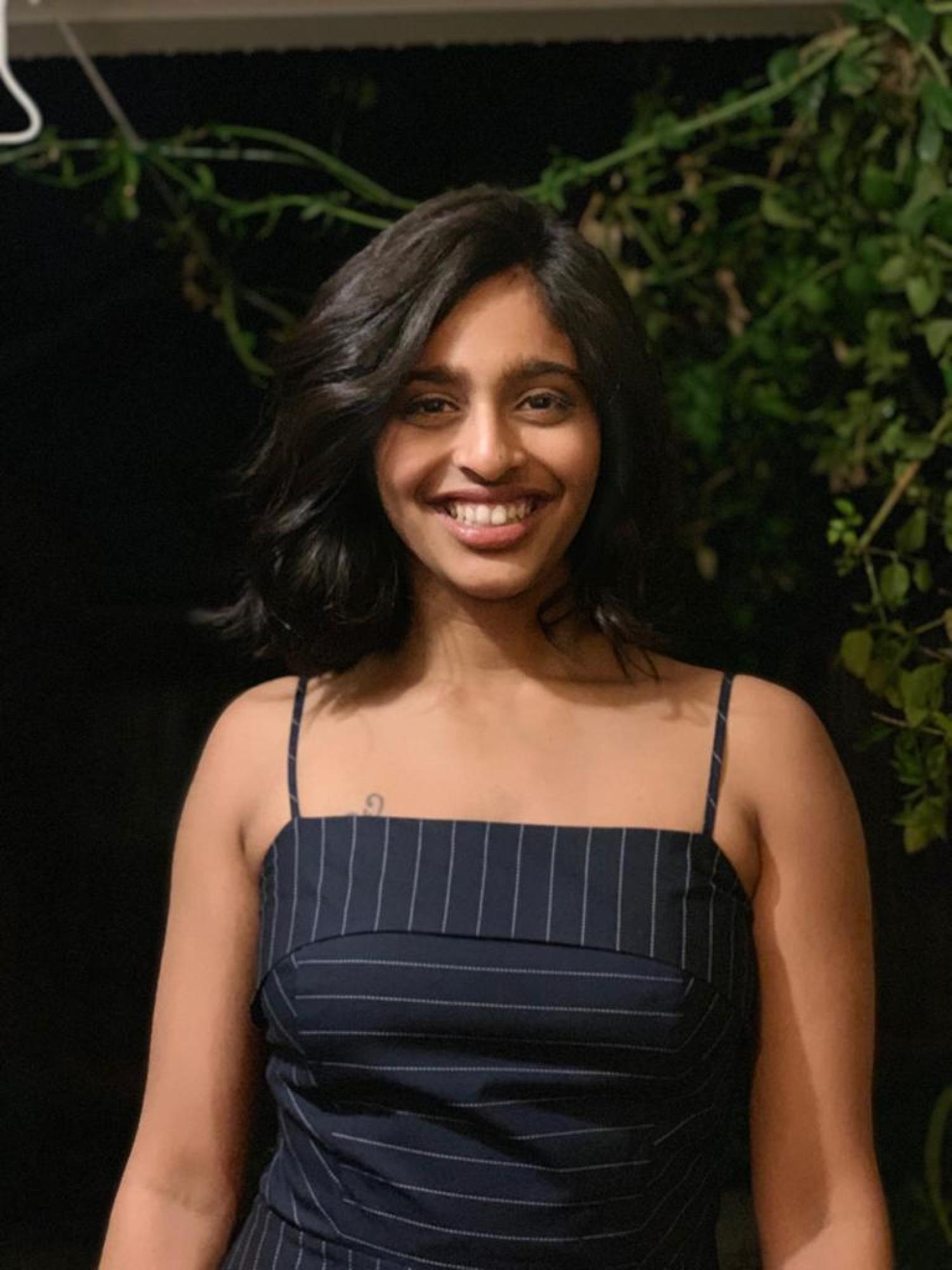"Unmanned Aerial systems is a field that is growing rapidly and I’m excited to contribute" - Ramya Kanlapuli Rajasekaran

Name: Ramya Kanlapuli Rajasekaran
Advisor/Lab:Eric Frew, RECUV
Year of Study: First Year PhD student
Hometown: Chennai, India
I grew up in Chennai, India. I was very fascinated by flying objects from a very young age, and wanted to be an astronaut when I grew up. I leaned towards math and science growing up and decided I wanted to study Aerospace Engineering in college. I attended a university close to home which introduced a vast world of plane and space science to me.
In college, I explored research labs and clubs, and I applied to work with the Unmanned Aerial Vehicle Research lab. I worked my way up from an intern to a Design Head, and got very into development and design of unmanned vehicles. We worked with the Indian Meteorological Department, did competitions, and organized workshops. I also interned at an Airline company and Indian defense organizations to gain workplace experience and develop my skills further.
Boulder Bound
In my junior year, I realized that I enjoyed research and development, and wanted continue learning and growing my skill set, so I decided to go to graduate school. I was accepted to CU Boulder as a Master’s student. I was very interested in RECUV, and I interviewed with Dr. Frew and started working for him. I worked on Cyber-Security for networked Unmanned Aircraft System for couple of semesters, and then changed tracks to work on an elaborate state estimation problem involving localization and tracking of objects using multiple Unmanned Aircraft Systems.
The motivation for my current research stemmed from the ability of Unmanned Aircraft Systems (UAS) to fly into remote, dangerous places and relay useful information that can be used for surveillance, mapping, localization and other applications. Further, missions can be completed faster, with more robustness and efficiency with swarms of small UAS compared to a single aircraft. My thesis work focuses on expanding the autonomous capabilities for cooperating, swarming UAS.
One major challenge with swarming is managing the data collected by the distributed aircraft. With multiple sources of information, it is essential to develop a cohesive model that can segregate and analyze information to produce consolidated, useful, human-readable, data. My research focuses on improved information processing by developing algorithms and models for cooperative distributed sensor fusion.
Advancing to a PhD
I got my master’s degree and decided to continue on to get my PhD. Dr. Frew was supportive of my decision, and here I am!
CU Boulder has given me so many diverse opportunities - I’ve been able to take part in high school outreach programs, work with defense companies, and grow my skills as a student and a person here. I like CU Boulder because of the opportunities and help I have to grow and advance my career.
I’ve been able to develop other interests and maintain a good work-life balance. Unmanned Aerial systems is a field that is growing rapidly and gaining a lot of traction, and I’m excited to contribute and be a part of this field at CU Boulder!

